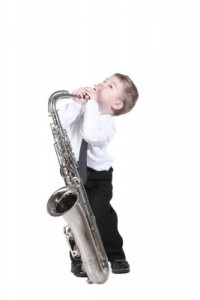 Have you ever listened to Kenny G’s saxophone music arrangement? His exceptional skills, from the way he blows the saxophone to the way he arranges the tune and tempo, have inspired many budding musicians. Did you know, however, that musical instruments may affect our teeth and jaw?
Have you ever listened to Kenny G’s saxophone music arrangement? His exceptional skills, from the way he blows the saxophone to the way he arranges the tune and tempo, have inspired many budding musicians. Did you know, however, that musical instruments may affect our teeth and jaw?
In a recent issue of the Journal of the American Dental Association, an orthodontist pointed out that the type of musical instruments that your children play will affect the children’s position of teeth or jaw. A 1994 report identified common dental issues experienced by musicians such as tooth mobility, TMJ, and head & neck lesions.
Most of the problems are experienced by musicians who play the saxophone or clarinet as they will put a lot of pressure on the lower lip and the teeth to support the weight of the saxophone/clarinet. Teeth misalignment may also be experienced if they play the instruments extensively. Brass instrument players such as trumpet, horns or trombone players will need to be careful as a prolonged period of using these instruments will cause teeth mobility or movement.
Dental problems can also arise from playing musical instruments which do not involve the mouth. String instruments such as the violin may affect the development of the jaw and the bite. This is to the due to the pressure on the jaw when musicians hold the instrument between their shoulder and the jaw.
You can bring your children to the dentist or paedodontist to have a preliminary examination in order to avoid these dental problems before investing a lot of time and money in their music lessons. There are also some treatment options that you may consider if you are currently experiencing the problems mentioned above such as braces, Invisalign (clear aligners), or jaw joint treatment.
Prevention is always better than cure. A short chat with your dentist or specialist would get a musical career off to a good start with the bonus of an excellent set of teeth.





